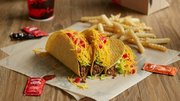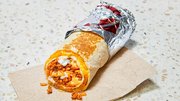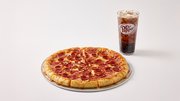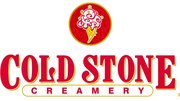News
Burgerville recycles trash and leftover food
May 1, 2006
VANCOUVER, Wash. — The Holland Inc. announced it has implemented a composting pilot program at its Salmon Creek, Wash., Burgerville location. According to a news release, Burgerville's crew members are disposing of all paper and food waste into a composting container picked up weekly by Waste Connections Inc. of Clark County.
"It's estimated that food waste accounts for almost 60 percent of what restaurants put in their trash can," said Lydia Wardle, director of purchasing for The Holland. "It is our goal with this program to try and eliminate that high statistic by reducing the amount of trash filling in our landfills for years to come."
After being picked up by Waste Connections Inc. of Clark County, the composting materials are then sent to family-owned Cedar Grove Composting, the Pacific Northwest's leading organic recycling company. Cedar Grove Composting transforms the waste into nutrient-rich compost which is sold for use in new and existing lawns, as a soil amendment for mulch and for use in vegetable gardens.
According to Portland's Office of Sustainable Development, an estimated 275,000 tons of food and non-recyclable paper are thrown away annually in the metropolitan area. Since the implementation of the program began, The Holland has reduced the size of the garbage container at the Salmon Creek Burgerville while doubling the size of the recycling bin.
Composting is the biological degradation and transformation of organic solid waste under controlled conditions to promote aerobic decomposition. Organic matter has the unique ability to improve the chemical, physical, and biological characteristics of soils or growing areas. The Environmental Protection Agency reports that when mature compost is added to soil it can control several plant diseases without the use of synthetic fungicides or fumigants.









